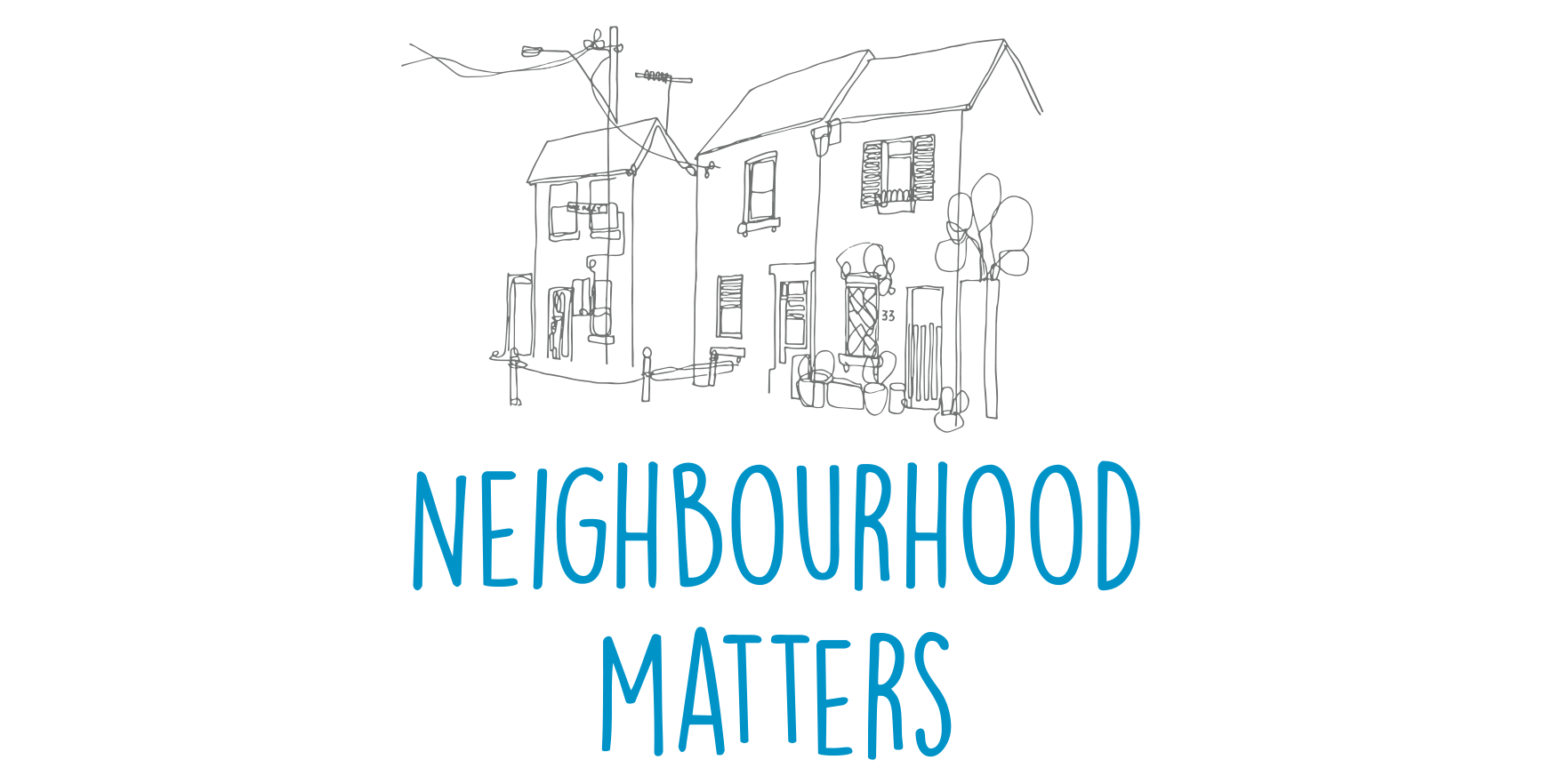(photo by Antoine Greiger)
Almost every week on the social media feeds there is some issue that makes a claim on our attention and demands our focus. Almost every week on social media I feel compelled to engage in whatever the issue is at that particular time. I feel like I am missing out, being lazy or just not keeping up with current debates, controversies and intricate changes in ideologies if I don’t engage. People have always been interested in keeping up with the latest topics of the day so there is nothing unusual about this. However, what has changed is the rapid rate at which all the information is coming to us and the possibility for anyone and everyone to make continual public responses about the information we are receiving. Many of us feel that we have to keep up, but of course the frustration is that we can’t.
All of this is turning me into a less focused, centred and integrated person. Many people have been writing for a while warning us of the way that social media is “re-wiring” our brains, that we need to get back to “deep” listening,reflecting and reading and also of the spiritual malaise that comes with excessive social media use. Author Phillip Yancey wrote an article recently on this topic and explained the addiction that our minds have to new information
Neuroscientists have an explanation for this phenomenon. When we learn something quick and new, we get a dopamine rush; functional-MRI brain scans show the brain’s pleasure centers lighting up. In a famous experiment, rats keep pressing a lever to get that dopamine rush, choosing it over food or sex. In humans, emails also satisfy that pleasure center, as do Twitter and Instagram and Snapchat.
So we experience a “rush” when we get new information, yet the speed that this information is coming at us, is rewiring our brains in an unhelpful way, affecting us spirituality and potentially making us more superficial. However, since I’m not giving up social media as it does have advantages, and it is clearly here to stay, I need to put into practise some disciplines, in order to stop social media controlling and forming me and rather be formed by what is important, meaningful and beneficial in my life.
Here are five practical things that might be helpful to try and put into practise for this to happen.
1.Scrolling through social media feeds only once every couple of days.
2.Holding off on reactive posts and comments in the midst of a social media frenzy and instead taking time to reflect and respond.
3.Being a peacemaker on social media rather than displaying antagonism and judgement. Church leader Rich Villodas says
When our lives are given to silence and prayerful reflection, we position ourselves to cultivate generosity of spirit, as opposed to flaring up antagonisms. Our culture of thoughtless, instant critique reveals a glaring departure from the witness of Jesus. In a sound-bite age, we too easily replace a spirituality of grace and truth with smugness and cynicism.
4.Practicing saying no to the demands of social media and life in order to focus, simplify and reject normalising living in an atmosphere of distraction.
5.Basing decisions to simplify, on living a life “from the centre”. Quaker Thomas Kelly said
Much of our acceptance of multitudes of obligations is due to our inability to say no. We calculated that that task had to be done, and we saw no one ready to undertake it. We calculated the need, and then calculated our time, and decided maybe we could squeeze it in somewhere. But the decision was a heady decision, not made within the sanctuary of the soul. When we say yes or no to calls for service on the basis of heady decisions, we have to give reasons, to ourselves and to others. But when we say yes or no to calls on the basis of inner guidance and whispered promptings of encouragement from the Centre of our life…we have no reason to give, except one- the will of God as we discern it. Then we have begun to live in guidance. And I find He never guides us into an intolerable scramble of panting feverishness. The Cosmic Patience becomes, in part, our patience, for after all God is at work in the world. It is not we alone who are at work in the world, frantically finishing a work to be offered to God.
What helpful tips would you add to this practical list of how to avoid the normalisation of living a distracted life?
